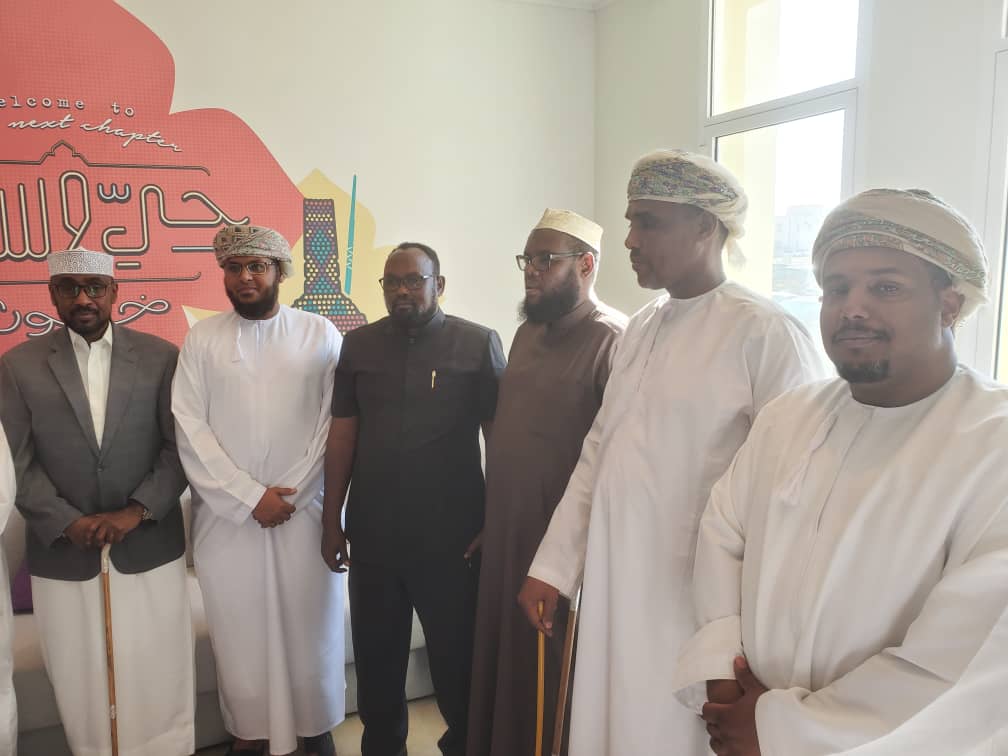4 November, 2010
So much has been said and written about the conflict in Somalia. The conflict now spanning…
So much has been said and written about the conflict in Somalia. The conflict now spanning over 18 years has affected more than 2.4 million and forced 500,000 to neighbouring countries.
In the wake of the recent expulsion of three aid agencies working in the Al Shabaab controlled South Somalia, humanitarian access is becoming a mirage. For now the fate of these organizations is unclear as Al Shabaab has taken full control of their offices and in some cases moved their equipment.
In the wake of the recent expulsion of three aid agencies working in the Al Shabaab controlled South Somalia, humanitarian access is becoming a mirage. For now the fate of these organizations is unclear as Al Shabaab has taken full control of their offices and in some cases moved their equipment.
Although Al Shabaab claimed that the three faith-based organizations were spreading Christianity, it is now clear that their move was a guise to acquire equipment and goods meant for humanitarian purposes.
Over the past three years, South Central Somalia has been saturated with Al Shabaab control with rampant militant checkpoints. But the recent turn of events orchestrated indiscriminately threatens the lives of millions of Somalis who depend on humanitarian aid.
The humanitarian situation in Somalia has been deteriorating owing to the continuing siege of the transitional government in Mogadishu, which is backed by a 6,000-strong force from the African union. The World Food Programme suspended its operations in most of South Central Somalia owing to the stringent conditions and insecure environment perpetrated by the extremists.
In his message on the Humanitarian Day recently, Mark Bowden sent a chilling reminder of how dangerous the work of getting aid to the most needy in Somalia is, noting that the Humanitarian community has lost twelve humanitarian workers since January 2009, and another 10 are still in abduction or unaccounted for.
Continued restrictions by Al Shabaab have therefore exposed more civilians to hunger and lack of access to basic necessities, not to mention loss of much-needed livelihoods. The expulsion of the three aid agencies leaves more than two million needy people without aid, in addition to the two million recently quoted by the Food Security and Nutrition Analysis Unit, a humanitarian grouping.
The international community can no longer afford the luxury of making lofty statements from a distance, while civilians run a huge humanitarian cost inside Somalia. The plight of millions of innocent women and children in Somalia needs to jerk the international community to push for interventions that will guarantee access to civilians to provide humanitarian aid and allow fostering of peace.
The African Union’s decision to increase the number of troops in Somalia will have a bearing on humanitarian crisis in the country. More troops mean more confrontation and more risks to innocent civilians. Without an environment conducive for humanitarian assistance to reach the needy civilians, more lives will be lost.
New dimensions of peaceful resolution of the Somalia conflict need to be pursued especially in view of the increased armed threats and natural disasters on civilians. These efforts should not ignore the available traditional conflict resolution mechanisms used since ancient times in Somalia.
Source: The East African
Source: The East African
